ERP Software includes testing financial modules, such as accounting and budgeting, to ensure they function correctly.
What is ERP's role in Financial Management? It centralizes and streamlines different financial operations and performs other tasks, such as accounting, human resources, supply chain management, and customer relationship management.
Gain real-time visibility into financial performance.
Streamline and automate accounting and reporting tasks
Improve cash flow management and forecasting
Enhance financial controls and compliance
How do you select the right ERP Solution? Knowing exactly what you need and meeting, you can begin evaluating and selecting the ERP software that best fits your organization. Consider factors such as:
Functionality and scalability
Integration with existing systems
Ease of use and user experience
Vendor reputation and support
What are the financial benefits of ERP? By following this comprehensive guide, you can successfully implement an ERP system and reap the financial rewards, including:
Improved financial reporting and decision-making
Enhanced cash flow management and forecasting
Reduced operational costs and increased profitability
More substantial financial controls and compliance
Selecting the Right ERP Solution:
With a clear understanding of your needs, you can begin evaluating and selecting the ERP system that best fits your organization. Consider factors such as:
Functionality and scalability
Integration with existing systems
Ease of use and user experience
Vendor reputation and support
How do you implement and optimize your ERP System? Once you've chosen your ERP solution, the implementation process can begin. Key steps include:
Develop a detailed implementation plan that includes timelines, milestones, and responsibilities
Migrate and clean up your data to the new system
Provide comprehensive training to your team with the skills to effectively use the ERP system
Regularly review and adjust your ERP processes to maximize financial efficiency
Successful ERP implementation starts with thorough planning and preparation. Key steps include:
Identify pain points, bottlenecks, and areas for improvement.
Determine the specific capabilities you need from an ERP system
Gain support from leadership to ensure the project has the necessary resources and commitment.
Assemble a cross-functional implementation team.
Implementing an ERP system for financial efficiency involves a structured approach with several vital steps. Here's a comprehensive guide to help you achieve financial efficiency through ERP implementation:
Assign a budget:
Firstly, check that the ERP project has been assigned a budget and that approval has been given to initiate it. The budget might still be being determined, but there should be a general acceptance that the project can proceed.
Review current financial processes:
Recognize outdated processes that need updating and those that are missing. This assessment will help build a requirements document outlining what the ERP system is expected to do that is beneficial.
Collaborate with leaders:
The ERP project manager should collaborate with the organization's leaders to build a project plan and set goals. This team, often made up of subject matter experts, might be a subset of all the people required to complete the implementation.
Choose the right ERP software:
Choose a special software that helps run every part of a company, including financials, inventory, production, and customer information. Ensure that the system can be customized to your business's specific needs.
Configure the ERP system:
Configure the ERP software to meet your business needs. This includes setting up financial modules, such as accounting and budgeting, to streamline financial processes.
Migrate and prepare data:
Migrate your financial data into the new ERP system. Ensure all necessary data is accurate, complete, and in the correct format for the new system.
Test the system:
Thoroughly test the ERP system to identify and resolve any issues before going live. This includes testing financial modules, such as accounting and budgeting, to ensure they function correctly.
Train employees:
Provide comprehensive training to employees using the ERP system. This includes training on financial modules, such as accounting and budgeting, to ensure they can effectively use the system.
Deploy and support the system:
Deploy the ERP system and provide ongoing support to ensure that any issues that arise are quickly resolved. This includes providing training and resources to employees using the system.
Monitor and evaluate the system:
Regularly check that the ERP system properly fulfills your business goals. This includes tracking key performance indicators (KPIs) such as budget adherence, financial accuracy, and process efficiency.
Implement Prismatic ERP for Financial Efficiency:
To implement Prismatic ERP for financial efficiency, you can leverage its comprehensive features tailored for accounting and financial management. Prismatic ERP Software offers a platform that covers all the functionalities required for efficient financial and accounting operations, providing detailed financial reports, automated data retrieval, and accurate ledger management.

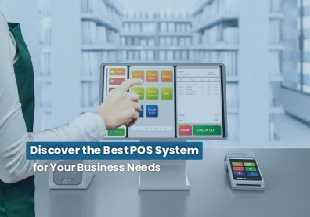
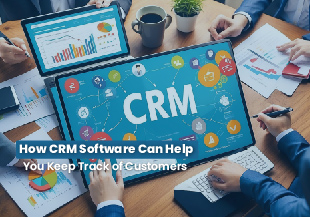
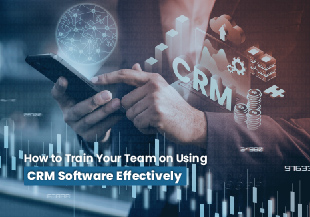
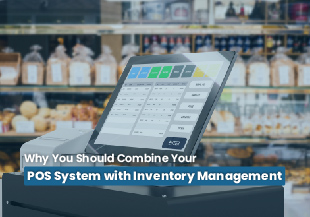
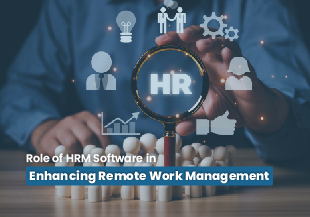
 Chat with Prismatic Bot
Chat with Prismatic Bot